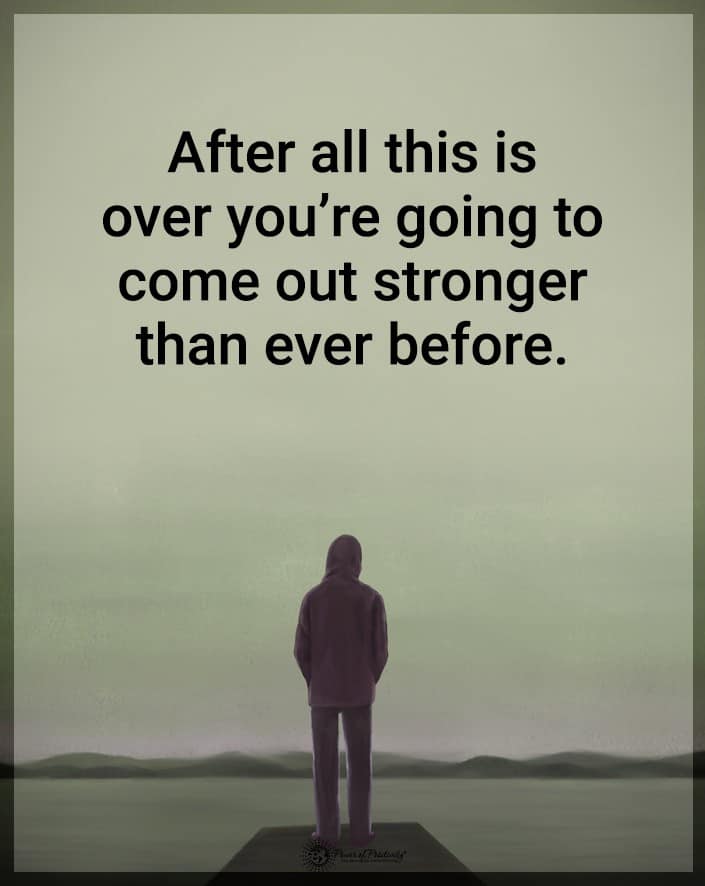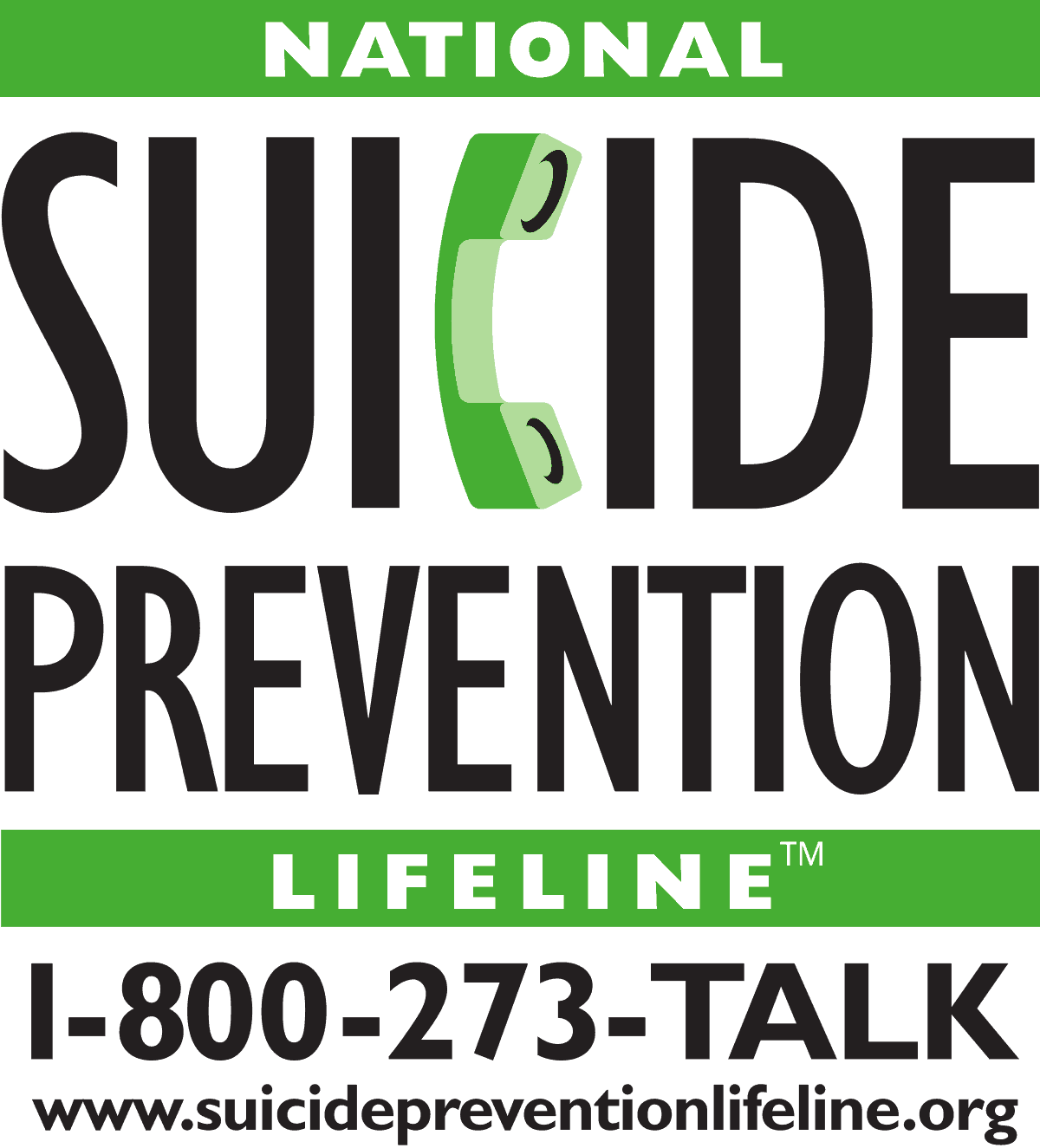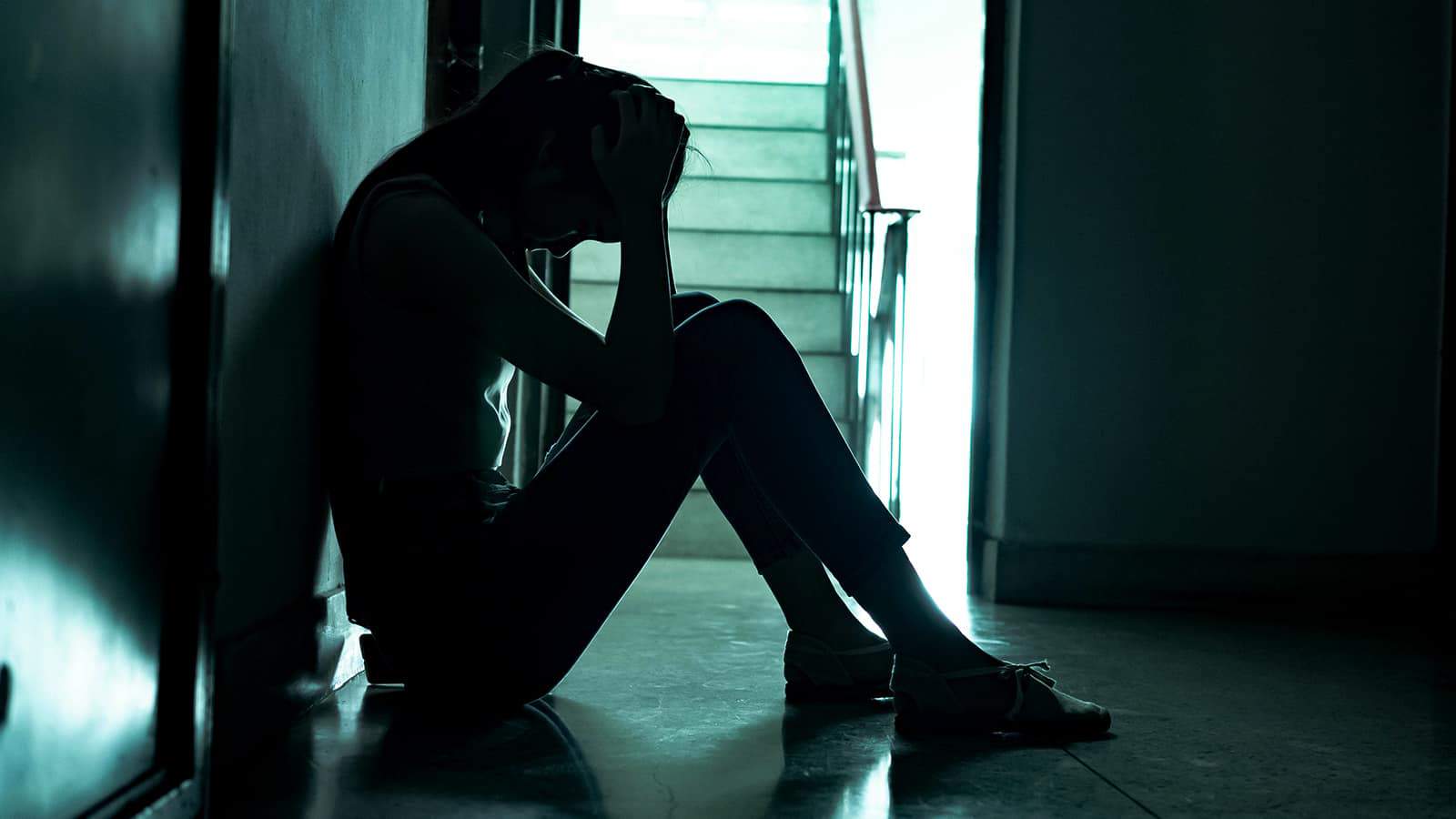People feel free in today’s society to talk about their medical conditions, such as diabetes, hypertension, and even cancer. However, the stigma around mental health struggles keeps individuals from mentioning bipolar, depression, and anxiety terms. It’s because they feel that mental matters make you weak, but physical problems can be explained.
If only things were so simple regarding mental illness, but many people don’t realize that your brain can become sick and tired just like the rest of your body. You must get the support you need when you’re suffering from a mental matter, as it can save your life. Do you feel confident to talk about troubles that plague your mind?
Many people suffer in silence with mental health struggles, but thankfully, the tide has changed a bit. People are starting to tear away the shame that lingers around mental matters, and they’re beginning to discuss these issues with doctors, friends, and family members. How do you know if you have a mental struggle that you need help with, and do you feel comfortable talking about it with others?
Five Telltale Signs of Hidden Mental Health Struggles
Just like with your physical health, there are times when your mind suffers from being overloaded. No one has any issues talking about burnout, but it’s one of the number one causes of depression and anxiety. When you take on too much for too long, it affects your psyche. Here are five behaviors or signs that indicate that someone might have mental health struggles to address.
 1. Social Withdrawal or Isolation
1. Social Withdrawal or Isolation
One of the first signs that something is wrong mentally is that you begin to isolate yourself. Nothing good can happen when you stay behind four walls each day and don’t interact with others. While this can develop into a social anxiety disorder, it’s often the case that the person doesn’t want to face the world.
Let’s consider an example. Bonnie is a single parent with two teenage daughters. She works a hectic job trying to pay the bills. She recently lost her mother, who was her best friend. As a result of that trauma, she didn’t want to go out with friends anymore.
Something inside her died that day with her mom, and she was never the same after that period. She felt solace in her bedroom, and she didn’t come out unless she had to go to work. She would reject friends’ requests to join them for dinner or a movie, and she even began ignoring phone calls.
As things progressed, she found it hard to go to the grocery store. Just being inside with all those people sent her panic into a frenzy. She knew she had a problem, but her anxiety told her she was safe as long as she stayed within the confines of her home.
The worst thing in the world is for Bonnie to shut herself off from the outside world. She needed peer support and the guidance of a counselor. By isolating herself, she was only making matters worse. According to the National Library of Medicine, social anxiety can quickly turn into agoraphobia, which would make it nearly impossible for her to leave her home without treatment.
2. Hallucinations or Delusions
Everyday mental health struggles that many people don’t want to discuss are hallucinating or experiencing delusions. There is much confusion around these two occurrences, but they are not the same. A hallucination is seeing, hearing, or even smelling something that isn’t there.
According to the National Library of Medicine, a delusion is a false belief that you think is true. For instance, you can believe that you’re rich and go and write checks on the money you don’t have, but you’re only delusional. Both hallucinations and delusions can occur with many mental concerns such as bipolar disorder, depression, schizophrenia, psychosis, and even some neurological conditions like Parkinson’s disease.
These are severe mental concerns that must be addressed. If you’re seeing, hearing, or believing things that aren’t there or are false, it can get you in a lot of trouble.
3. Extreme Fatigue or No Energy
Fatigue is one of those things that many people visit the doctor for each year. Hundreds of things can cause it, but it’s often labeled depression when doctors cannot find a reason. If you feel like your batteries are drained more often than not, it can be a sign of serious issues. Some of the most common conditions that can cause extreme fatigue include:
- Lupus
- Cancer
- Chronic fatigue syndrome
- Rheumatoid arthritis
- Multiple sclerosis
- Depression
- Anxiety
- Sleep disorders or sleep apnea
 The exhaustion that you feel may be an external sign of an internal problem. For instance, if you feel like it’s all you can do to get out of bed in the morning and take a shower, it’s a sign that something is amiss. Unless there’s a justifiable reason for you to feel tired, then it’s often linked to mental health struggles.
The exhaustion that you feel may be an external sign of an internal problem. For instance, if you feel like it’s all you can do to get out of bed in the morning and take a shower, it’s a sign that something is amiss. Unless there’s a justifiable reason for you to feel tired, then it’s often linked to mental health struggles.
Additionally, fighting a battle like cancer when you’re going through detoxing the body can affect you mentally and physically. You’re a unique person that is comprised of mind, body, and spirit. When your physical being is sick, it’s also going to affect your mental wellbeing in ways that you may not understand.
4. Suicidal Thoughts
The emergency rooms across America saw an increase of 23 percent of people who tried to commit suicide in the summer of 2020. A startling report by the CDC shows that even the younger generation is struggling. If you have any thoughts of harming yourself or someone else, you must get help.
You should never feel ashamed of the feelings you’re having. The real shame is not getting treatment. Many people don’t understand that most folks don’t wake up one day and want to take their life, but it’s a progression that stems from feeling helpless and hopeless. There are many degrees of depression, and one person can feel blue, but they can still function and go to work.
However, some depressive folks cannot get out of bed or even get into the shower, as it just takes too much effort. If you ever think about taking your life or the life of someone else in your pangs of depression, you need to talk to someone and get the support you need. It’s a more common problem than what you think.
The goal is to get you to a better place mentally to address the underlying mental health struggles that have led you to this point. You can have issues like post-traumatic stress disorder, schizophrenia, bipolar, or a major depressive disorder driving these thoughts and feelings.

5. Substance Abuse
When the pain of life is too much to bear, many people turn to drugs and alcohol to ease their angst. What started as one drink to take the edge off has now turned into a whole bottle. Soon, you will find that you can’t sleep, work, or even function without the numbing effects of alcohol in your system.
Many people try to hide their substance abuse issues, as their condition isolates them, and feel ashamed and alone. However, more than 20 million people in this country with a substance abuse disorder, according to statistics from the National Center for Drug Abuse Statistics. Why do so many people try to self-medicate the pain away, as it’s ineffective?
If you find that you’re drinking or taking drugs to get through the day, you need the support of friends and family. It would help if you also had a treatment center to handle a dual diagnosis like mental health issues and substance abuse. There’s no shame in having a problem, but the real issue is when you allow it to spiral out of control and don’t get the help you need.
 Final Thoughts on Mental Health Struggles
Final Thoughts on Mental Health Struggles
Life is complicated, and even on the best days, there are times when you want to throw the cover over your head and stay in bed. However, you must have healthy coping skills to be able to handle whatever comes your way. No one’s life is a bed of roses, and one of the major issues that bring people down is trying to keep up with their neighbors or family members.
You need to learn to love and accept yourself for who and what you are in this life. If you find that life has dealt you an unfair hand that you struggle to handle, there’s always someone that can help. There are both online support groups as well as those that meet in person. Plus, the awareness of hidden mental health struggles in this country is becoming front-page news.
Folks struggle to make it, and the need to toss out the stigma that your brain can’t be sick needs to go. It’s not a sign of weakness to have a mental illness, but it’s a shame that many don’t feel strong enough to ask someone for help.

















